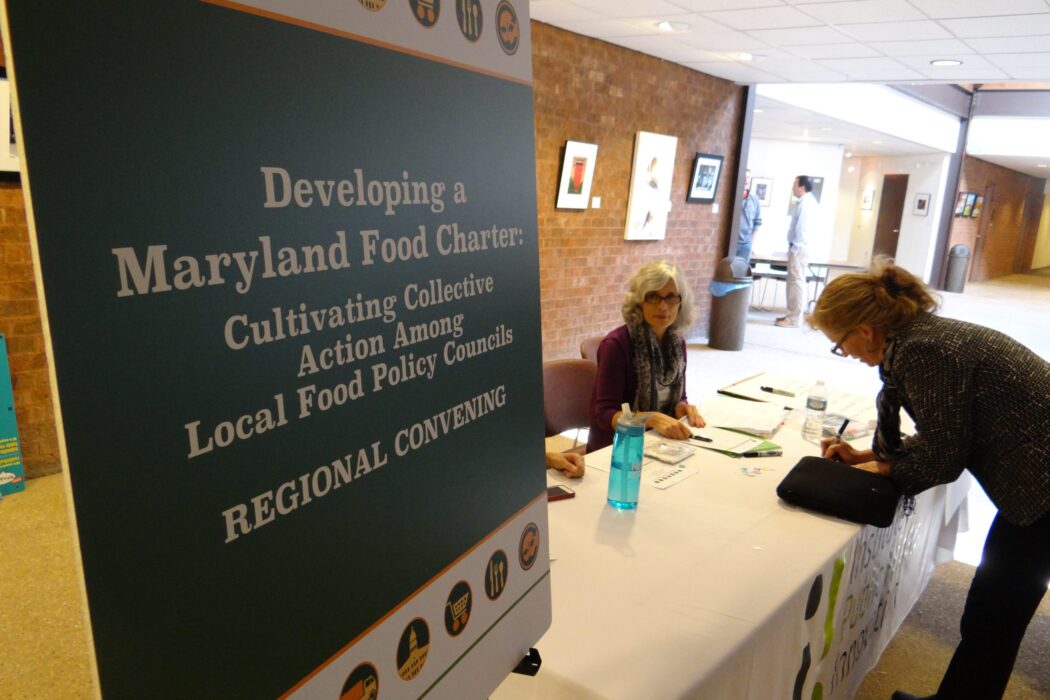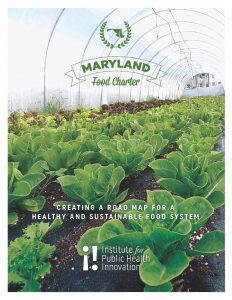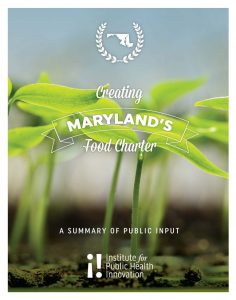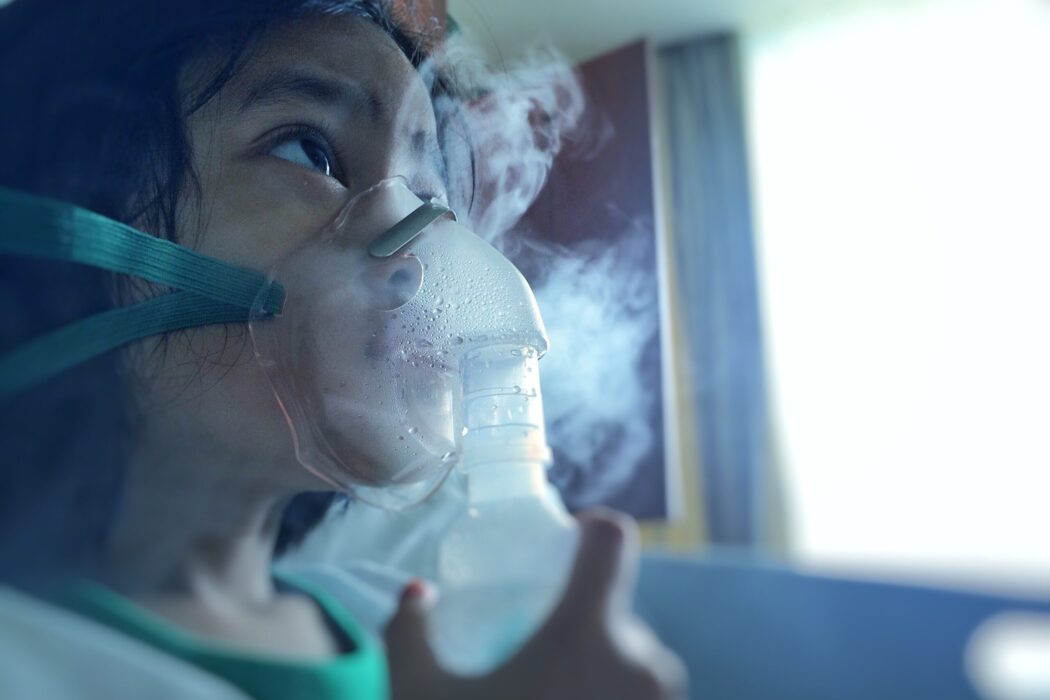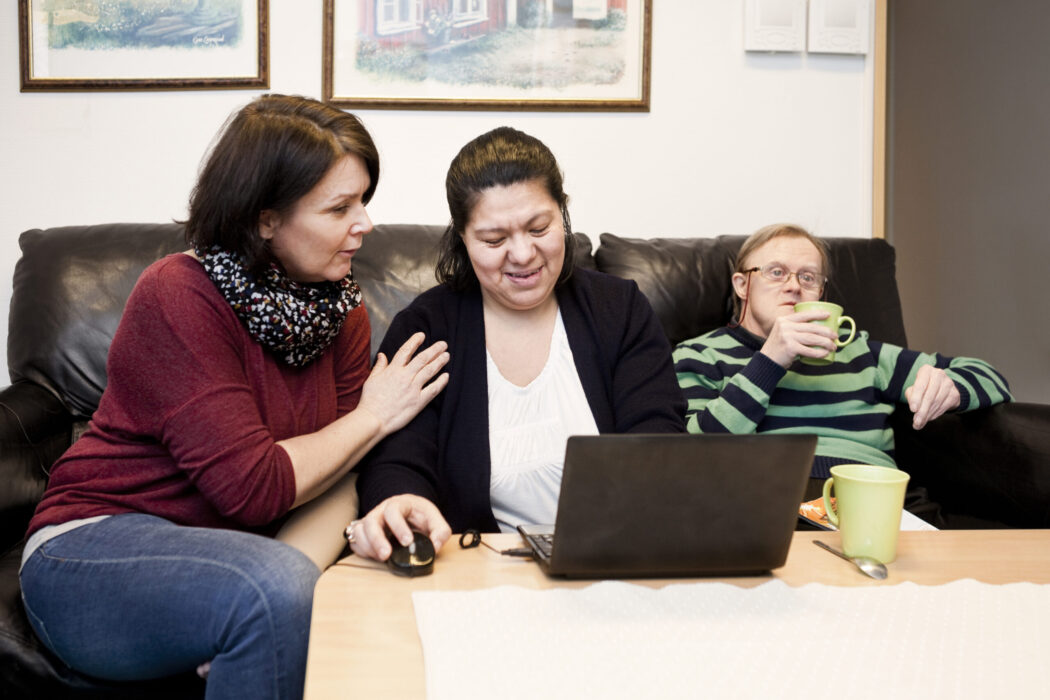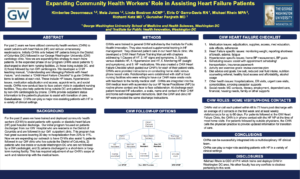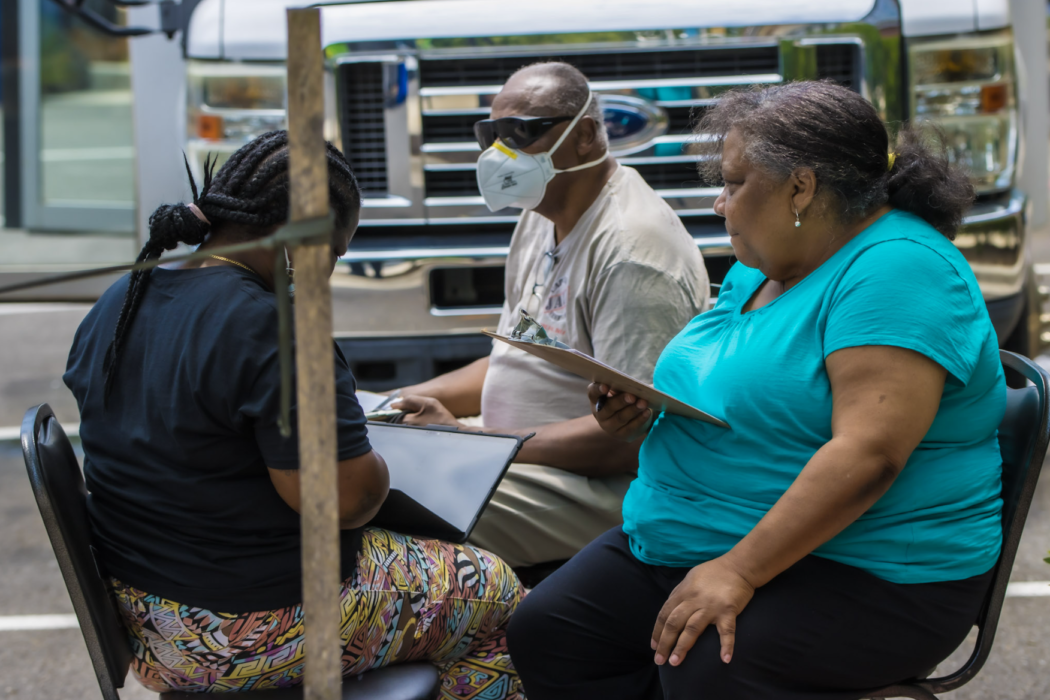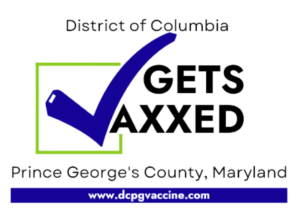
Community Transformation Grant
In 2012, IPHI was awarded a two-year Community Transformation Grant (CTG) from the Centers for Disease Control and Prevention (CDC) to work with a broad range of partners in Prince George’s County, Maryland, to reduce chronic disease in an area of the county with the highest disease burden.
This is a sunset initiative (no longer active).
The team worked in Prince George’s County, Maryland, to reduce chronic disease rates, prevent the development of secondary conditions, and address health disparities with complementary policy, environmental, programmatic, and infrastructure activities to create health equity and optimize health outcomes. These activities focused on neighborhoods within and surrounding Langley Park, Suitland/Coral Hills, and Bladensburg/East Riverdale. We implemented seven strategies in the areas of Active Living, Healthy Eating; High-Quality Clinical Preventive Services; and Healthy and Safe Physical Environments, as well as an overarching strategy that created an infrastructure component within the County. Three additional mini-grants were awarded to implement more work in wellness policies, no-smoking policies, and pedestrian safety.
The strategies goals were to:
- Improve access to affordable and healthy food
- Increase the number of people covered by health systems to support control of high blood pressure and high cholesterol
- Increase the number of people with access to safe physical environments
In order to guide and support the planning, implementation, and evaluation of the collective CTG effort, we formed a cross-sector leadership team. The leadership team included a diverse set of high-level stakeholders with the influence to leverage political and other resources necessary to advance policy and systems change in Prince George’s County.
Download the CTG Highlights Brochure for a summary and list of accomplishments for each strategy, quotes from stakeholders, and photos from our events.
